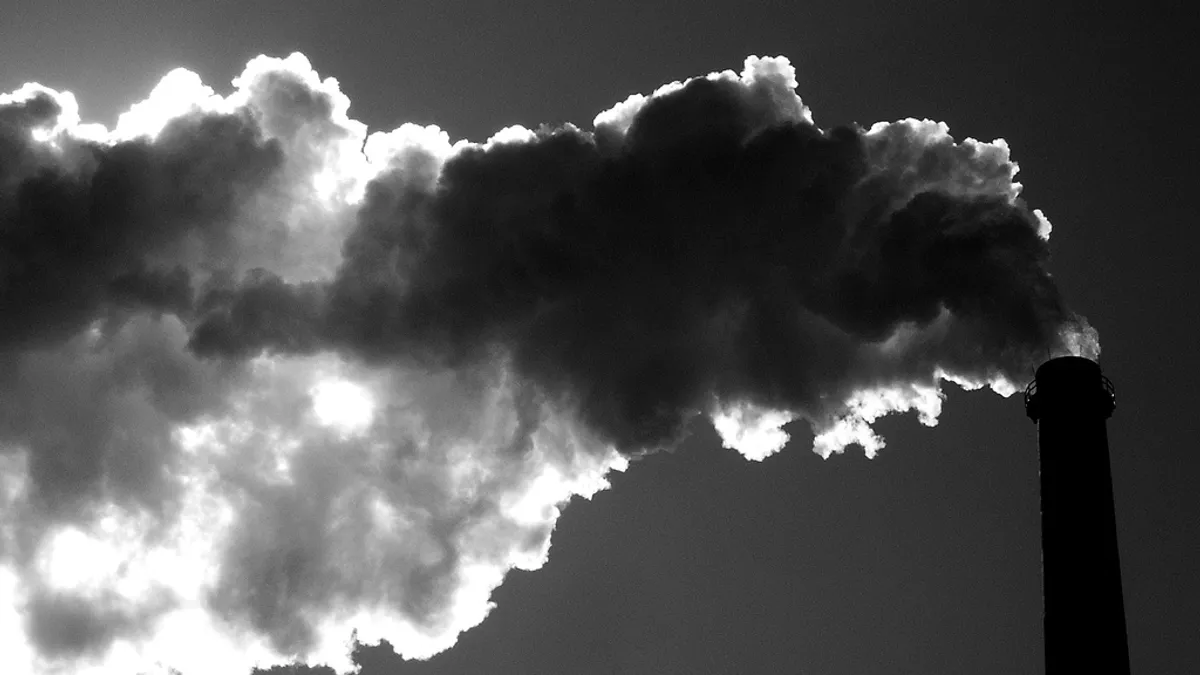Dive Brief:
- The Obama Administration has won a significant victory for its use of a social cost metric to determine the impacts of new environmental and efficiency rules, in a unanimous circuit court decision that appeared to leave opponents with little room to maneuver.
- The U.S. Environmental Protection Agency (EPA) and other federal agencies use the social cost of carbon (SC-CO2) to estimate the climate benefits of rulemakings. The cost currently sits at $36 per metric ton.
- While opponents of the rule had questioned its use and the process to develop standards, the 7th U.S. Circuit Court of Appeals ruled Monday the government acted appropriately in using the metric to set new refrigeration standards.
Dive Insight:
A pair of refrigeration rules issued by the DOE in 2014 have provided the first legal test of the Obama Administration's SC-CO2 metric, with the court coming down solidly in the government's camp on several issues.
"To determine whether an energy conservation measure is appropriate under a cost‐benefit analysis, the expected reduction in environmental costs needs to be taken into account," the court ruled. "We have no doubt that Congress intended that DOE have the authority under the [Energy Policy and Conservation Act] to consider the reduction in SCC."
One rule challenged set efficiency standards for almost 50 types of refrigeration; a second laid out how the standards would be tested.
The Institute for Policy Integrity supported the rules, and the group's attorney, Denise Grab, told Greenwire the decision is a big win for the government's rulemaking process. "It is significant that the court resoundingly dismissed these challenges and found that the agency's approach was reasonable," she said. "This ruling will make it harder for opponents of climate action to justify spurious attacks against the social cost of carbon."
The Air-Conditioning, Heating and Refrigeration Institute lead the legal challenge two years ago. A spokesman told The Hill that the group was “disappointed” by the decision.
The SC-CO2 is designed to be a "comprehensive estimate of climate change damages," according to the EPA. The measure accounts for changes in net agricultural productivity, human health, property damages from increased flood risk and changes in energy system costs.














